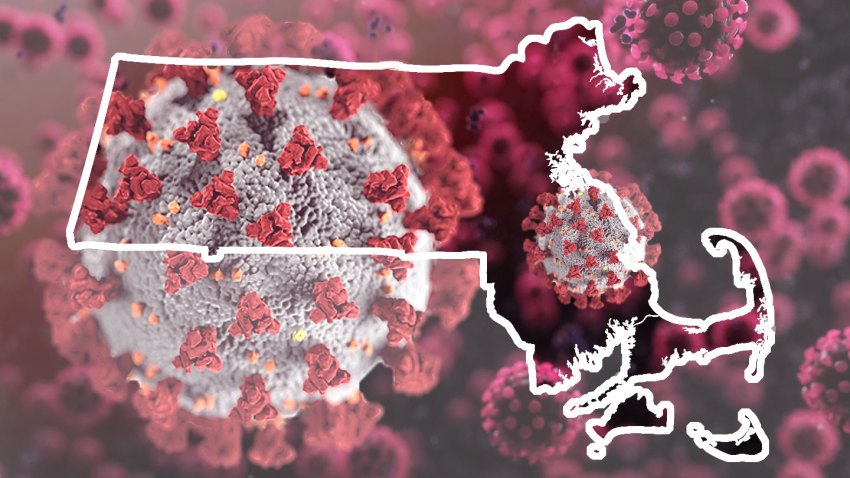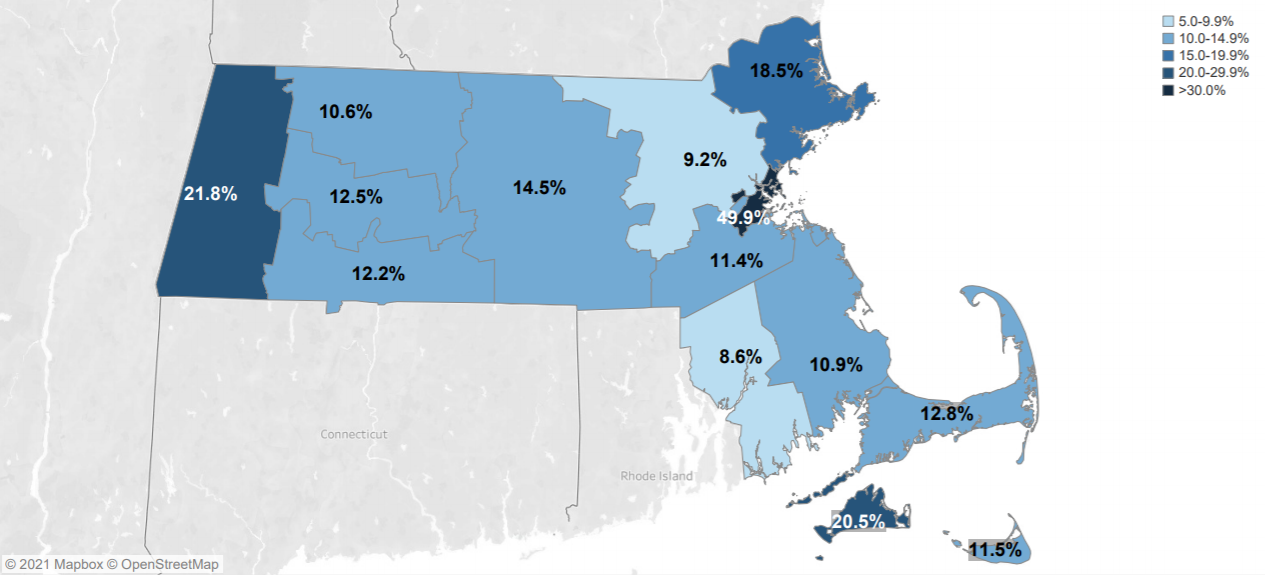In the last six weeks, daily COVID cases in the country have fallen by 78-percent, according to the U.S. Centers for Disease Control and Prevention. In Massachusetts, they're down 76-percent.
With the coronavirus pandemic more than a year old, could this drop have anything to do with herd immunity?
WATCH ANYTIME FOR FREE
>Stream NBC10 Boston news for free, 24/7, wherever you are. |
"That is the million dollar question," said Dr. Shira Doron, an epidemiologist at Tufts Medical Center. "And I think that it's not herd immunity."
Get updates on what's happening in Boston to your inbox. Sign up for our >News Headlines newsletter.
So, when can we expect herd immunity?
According to Dr. Marty Makary, a surgeon and a professor at the Johns Hopkins School of Medicine and Bloomberg School of Public Health who wrote an opinion piece in the Wall Street Journal, he will tell you April.
Makary wrote that COVID will mostly be gone by that time, pointing to a combination of people becoming immune after getting sick and the estimation that 150 million Americans will be vaccinated by then.
The rapid drop in cases has bene happening in other parts of the world, too. India -- home to the second highest total of cases -- has seen the strain on their hospitals decline and infection rates fall.
"It is a combination of factors that gives us the population immunity, but not this concept of herd immunity, which as I said is very nebulous," Srinath Reddy, from the Public Health Foundation of India, said.
Coronavirus in Massachusetts
"It's still really a big unknown exactly what the future of the pandemic looks like and part of that is because it's different than some of the infections that we have used herd immunity to control," Doron said.
When it comes to the Wall Street Journal article, Doron pointed out a few issues with the opinion piece, including that it's impossible to know how many people have actually been infected with COVID-19.



